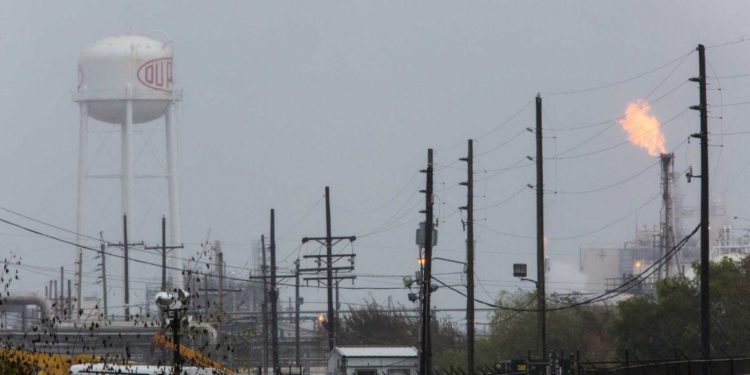This past Friday the Houston Chronicle published an important article regarding allegations that DuPont let poisonous gas leak continuously from a plant near New Orleans for three years. The article, “Whistleblower case raises more safety concerns about DuPont,” details a novel approach to enforce environmental standards using the False Claims Act (FCA).
The plaintiff in U.S. ex rel Simoneaux v. E.I. DuPont de Nemours and Co., Civ. No. 12-129-SDD-SCR is attempting to prove his case in what experts describe as an unusual and potentially ground-breaking use of the False Claims Act FCA), claiming DuPont did not report environmental issues at the plant to avoid fines from the federal government.
The False Claims Act should be expanded beyond claims of Medicaid fraud or the narrow federal contract claims. The FCA is the most successful tool in uncovering fraud and protecting whistleblowers. It is important to carefully determine whether a violation, which on its face does not appear to implicate contract fraud, is still covered under the law.
“Plaintiffs should be able to use the FCA as a method to enforce important environmental heath and safety standards,” according to Stephen M. Kohn, Executive Director of the National Whistleblower Center and author of The Whistleblower’s Handbook: A Step-by-Step Guide to Doing What’s Right and Protecting Yourself (Lyons Press, 3rd. ed. 2013). “The same hammer the FCA gives whistleblowers seeking to expose defense-contracting fraud and pharmaceutical fraud should also be used against corporations who violate environmental safety standards to increase profits at the public’s expense,” Kohn added.
Related Links:




